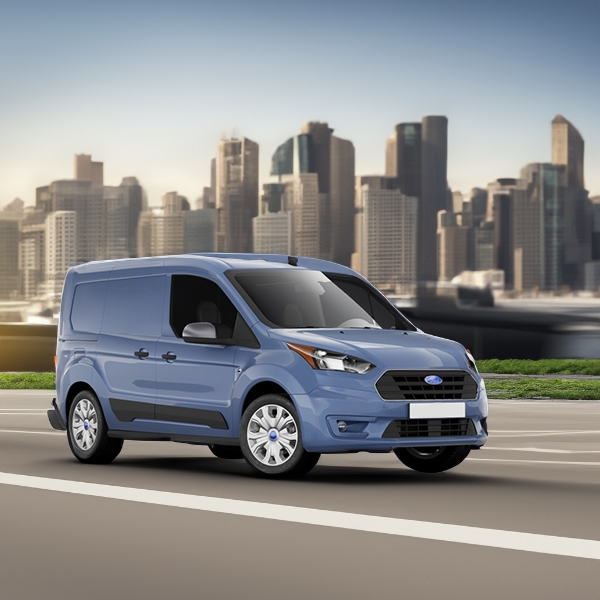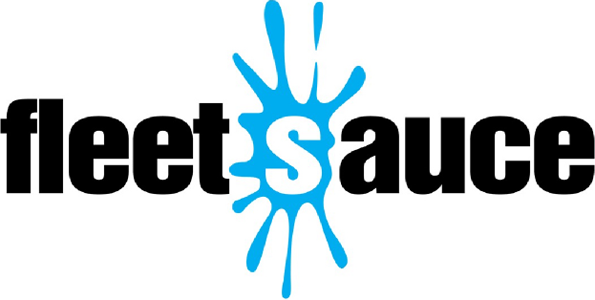
ULEZ Van Scrappage Scheme is Failing - only 2% of combustion vans scrapped and replaced with electric vehicles

(Posted on 28/06/24)
The million-pound funding scheme has largely been a failure, with only 2% of combustion vans being scrapped under the ULEZ initiative and replaced with electric vehicles. This translates to just 374 petrol and diesel vans being replaced through the ULEZ scrappage scheme, according to data from Transport for London.
Many are unhappy and concerned with the heavily funded scheme, which seems to have not been successful or made the promised impact. This is evident from the fact that only 2% of businesses have switched from petrol or diesel vans to electric vehicles under this scheme.
Before the ULEZ expansion in 2023, the scheme was introduced to improve air quality and reduce emissions from vans. Despite these intentions, data shows that the majority of new van sales in 2023 were still diesel, accounting for over 90% of all new van sales. The scheme was available to small businesses with fewer than 50 employees, sole traders, registered charities, and micro businesses with up to 10 employees. Additionally, these entities had to operate within the ULEZ zone of London, covering the 32 boroughs.
Under the scrappage scheme, eligible participants could receive grant payments of £6,000 to retrofit a van or minivan, £7,000 to scrap a van, and £9,000 to scrap a minibus. If they chose to scrap or donate their vehicles and replace them with an electric model, they could receive £9,500 for a van or £11,500 for a minibus. The vehicles must meet the minimum emissions standards set out as part of the ULEZ.
Between the introduction of the scrappage scheme in January 2023 and May 2024, there have been 16,207 applications to scrap petrol or diesel vans. However, data from Transport for London shows that only 374 of these vans were replaced with electric vehicles.
A campaign has been launched calling for the Mayor of London to improve incentives for businesses to switch to electric vehicles. This includes reviewing the ULEZ scrappage scheme and extending the Cleaner Vehicle Discount for SMEs, ride-hailing, and car-sharing services until late 2027. Currently, this discount is set to end in 2025, which means it will cost businesses the same to drive a diesel or electric vehicle in central London. This is despite the fact that sales for electric vans are low and diesel vans are a significant source of air pollution in the area.
This does not offer a major incentive for businesses, as the discount being limited means they may see no benefit in making the switch, especially if it will cost the same to drive an electric or diesel vehicle.
The scheme exemplifies the lack of incentive, and more action is clearly needed to boost the demand for electric vehicles and encourage businesses to make the switch and reduce their emissions. The high costs and uncertainty around electric vans, along with infrastructure concerns, make businesses reluctant to transition. Many hope the government will step up and collaborate to improve the UK's charging infrastructure for van drivers, ensuring the country does not fall behind in its plans to achieve net-zero emissions.
 Expert Advice
Expert Advice  Competitive Prices
Competitive Prices Road Tax & Roadside Assistance
Road Tax & Roadside Assistance Free National Delivery
Free National Delivery Full Manufacturer’s Warranty
Full Manufacturer’s Warranty





